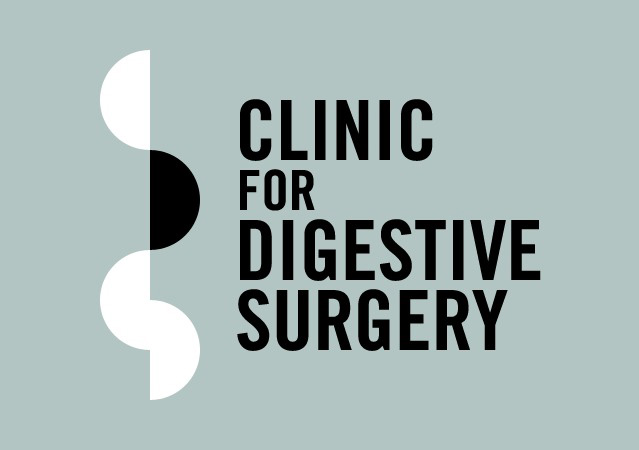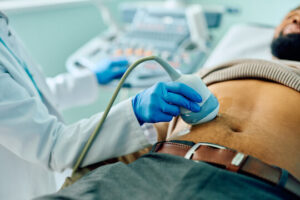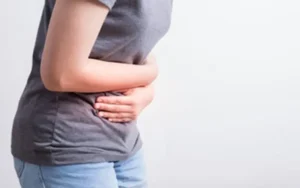Key Pointers:
- After a gastrectomy, faster gastric emptying can cause early fullness and dumping syndrome.
- Common issues: weight loss, malabsorption, and deficiencies (B12, iron, calcium).
- Eat small, frequent, protein-rich meals; limit simple sugars and sip fluids between meals.
- Supplements and regular blood tests help maintain strength and micronutrient balance.
- Seek a dietitian’s support to personalise a sustainable post-gastrectomy plan.
Undergoing a gastrectomy, partial or full removal of the stomach, marks a significant change not just medically, but also in how you eat, digest, and absorb nutrients. Whether it’s done to treat stomach cancer, ulcers, or other conditions, life after a gastrectomy comes with new challenges that often include unintentional weight loss, nutritional deficiencies, and difficulty managing meals.
In Singapore, where food is central to culture and lifestyle, adjusting to these changes can be emotionally and physically taxing. However, with the right post-gastrectomy nutrition strategy, patients can rebuild strength, stabilise weight, and regain confidence in their diet.
What Happens After a Gastrectomy?
After part or all of the stomach is removed, the digestive process changes drastically. Without the stomach’s storage and mixing function, food passes more quickly into the small intestine. This can lead to:
- Reduced appetite
- Early satiety (feeling full too soon)
- Dumping syndrome (nausea, dizziness, or diarrhoea after meals)
- Malabsorption of key nutrients like iron, calcium, and vitamin B12
- Weight loss
These changes make it essential to adapt eating habits to support your recovery and long-term health.
Nutritional Guidelines to Follow
Managing your nutrition post-gastrectomy isn’t about eating less. It’s about eating smarter. Here are some key strategies:
- Eat small, frequent meals: Aim for 5–6 smaller meals a day to avoid overwhelming your digestive system.
- Chew thoroughly: With less stomach function, proper chewing helps break down food for better digestion.
- Prioritise protein: Focus on high-quality proteins such as eggs, tofu, fish, and lean meats to support muscle maintenance and healing.
- Limit simple sugars: This can trigger dumping syndrome. Instead, choose complex carbs like whole grains and vegetables.
- Hydrate strategically: Drink fluids between meals rather than during to avoid feeling overly full too quickly.
- Supplement when needed: After a gastrectomy, you may need lifelong supplements for vitamin B12, iron, and calcium, depending on how much of your stomach was removed.
Working with a dietitian can be extremely helpful in tailoring a plan that supports your individual needs and medical history.
Monitoring Your Progress
Weight loss is common after surgery, but ongoing, rapid weight loss or signs of malnutrition need medical attention. Look out for:
- Fatigue or weakness
- Frequent diarrhoea
- Dizziness or light-headedness
- Pale skin or shortness of breath (signs of anaemia)
Regular follow-ups with your healthcare provider and blood tests will help track your recovery and adjust your nutritional plan as needed.
Regaining Control and Confidence
Adjusting to life after a gastrectomy takes time, but it’s entirely possible to lead a fulfilling and active life with the right approach. Mindful eating, ongoing nutritional support, and being in tune with your body are essential for long-term health management.
Book a consultation with Digestive Clinic for personalised guidance on post-gastrectomy nutrition and weight management tailored to your recovery journey.










